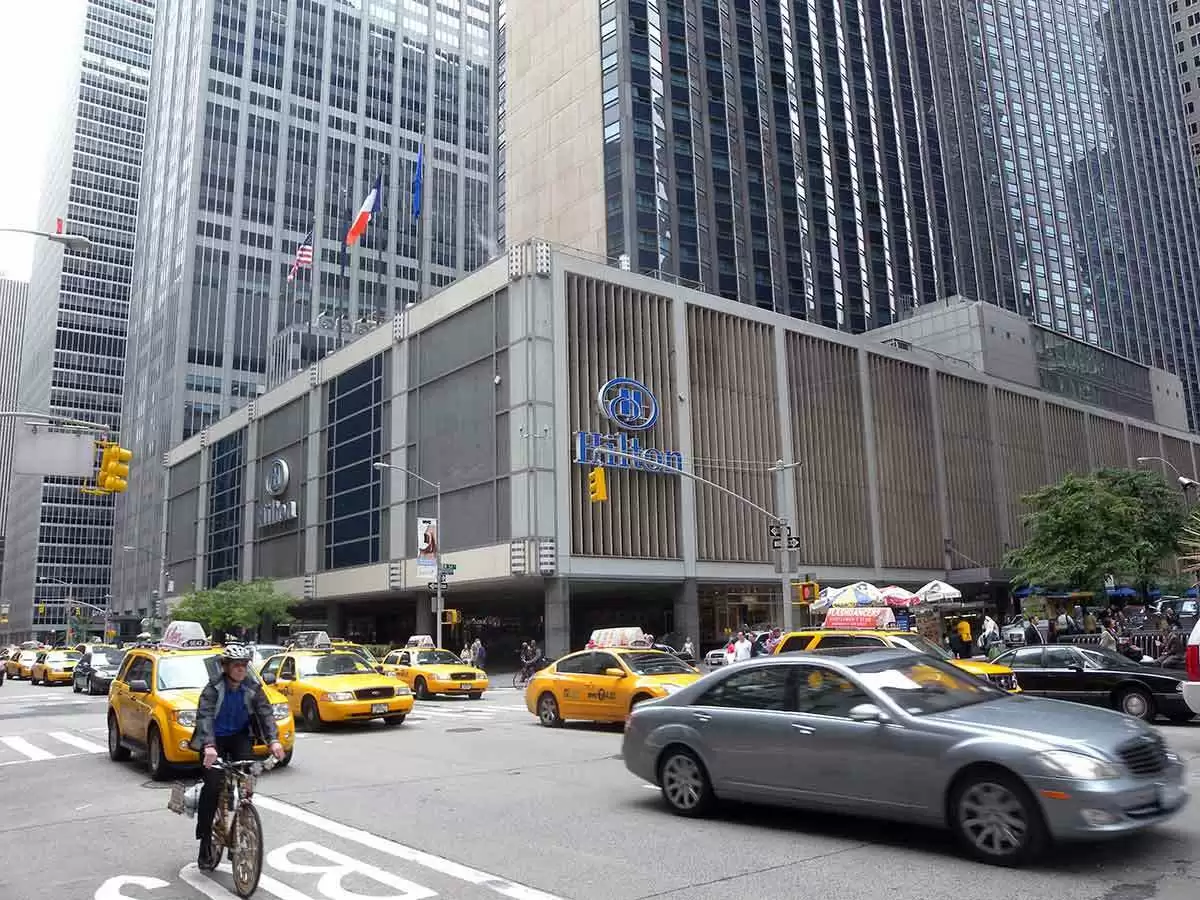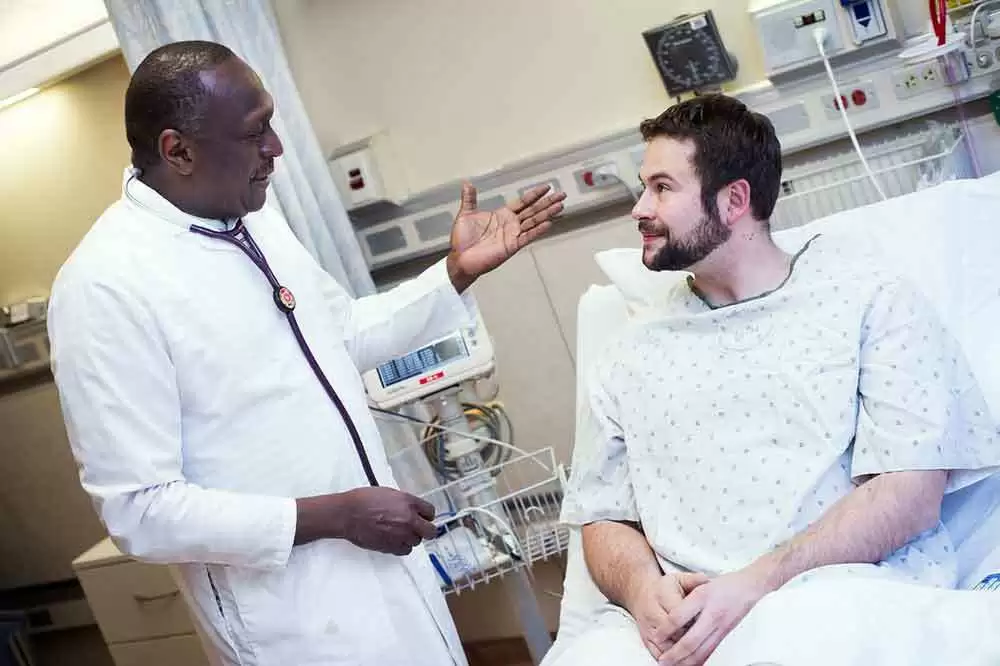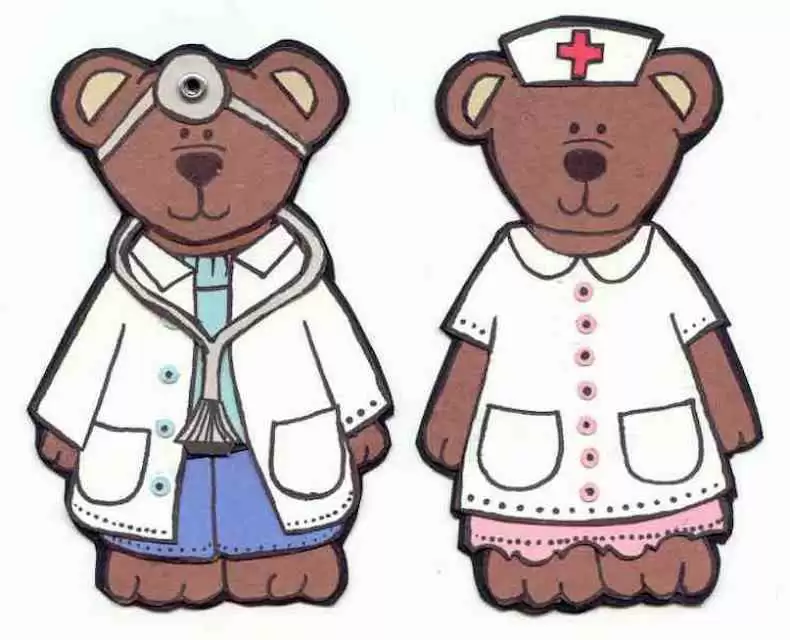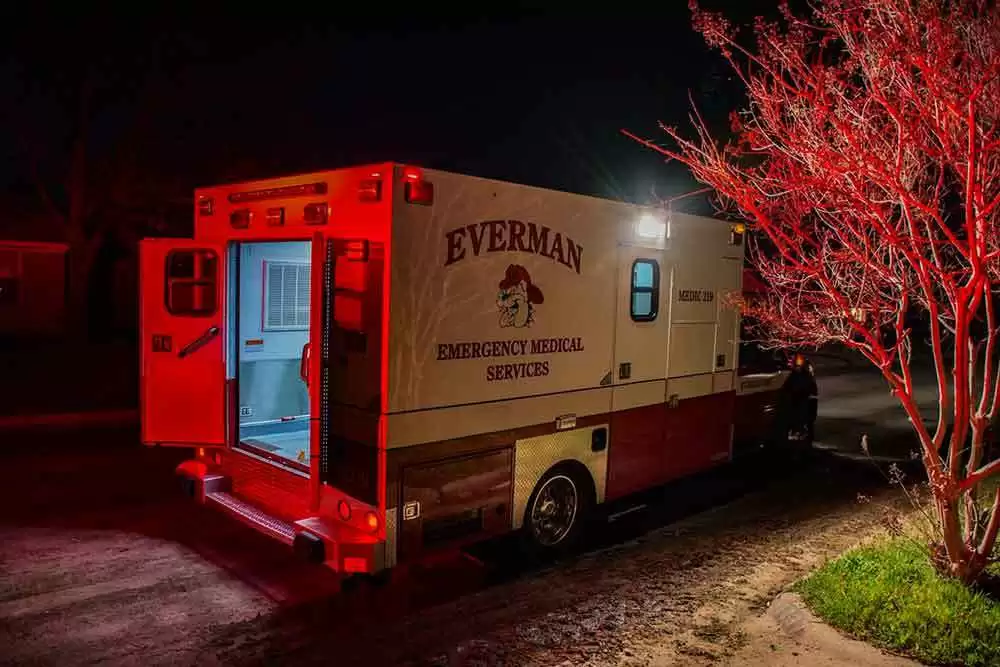
Celiac.com 08/07/2021 - The following is a summary of the 2007 International Celiac Symposium
February 20, 2007—Meeting Dr. Michael Marsh
The XII International Celiac Disease Symposium was held on November 9th through 11th, 2006, at the Hilton Hotel in New York City. International Celiac Disease Symposiums have been held every two years throughout the world. I was thrilled to be able to attend this Symposium because it was in New York.
Celiac.com Sponsor (A12):
The Celiac Symposium was separated into two categories for this event. Physicians attended one forum and celiacs and dietitians attended a separate Clinical Forum, however, many physicians also presented material at the Clinical Forum.
The highlight of the Symposium, for me was meeting Dr. Michael Marsh—quite by accident. Who is Dr. Marsh? He wrote the only textbook for gastroenterologists on Celiac Disease in 1992 and updated it in 2000 and he is constantly being quoted in celiac literature. When a celiac patient’s biopsy is taken for the diagnosis of celiac disease, the category of markers used to evaluate that biopsy are called the Marsh scale, named after this great man! The Marsh scale describes the amount of gut damage seen on a biopsy as Marsh I, Marsh II, Marsh III, etc. These markers have been used since the eighties!
Dr. Michael Marsh was a gastrointestinal researcher from the University of Manchester when he wrote the first textbook on celiac disease. He has since retired to study Neurobiology at Oxford. He is clearly one of the nicest people I have ever met. I met him quite by accident because the Hilton was very crowded with never enough tables, so I crashed a table of all men so that I could have a seat to eat my lunch. I found out one person at the table was Dr. Michael Marsh! I asked him how he felt about all the research going on for a cure for celiac disease. He said, “we have a cure for celiac—the gluten-free diet”.
Dr. Marsh was given an award at the Symposium by his fellow peers, which is testimony to the contributions they feel that the man has made in providing the level of understanding that was needed to make a true diagnosis of celiac.
Dr. Chaitan Khosla from Stanford was Impressive
Dr. Chaitan Khosla from Stanford made a very impressive presentation. In the past, most research on celiac disease has been done by gastroenterologists—Dr. Alessio Fasano, Director of Research from University of Maryland, Dr. Peter Green, Director of Columbia Celiac Research Center, etc. However, Dr. Khosla is a Professor of Chemistry in Biochemistry at Stanford and clearly a scientist. He became motivated to become involved in celiac research because his wife and one of his children are diagnosed celiacs. I am very optimistic when celiac research is attracting those with such a variety of medical backgrounds, and I feel it can only help to lend new understanding to one of the most frequently undiagnosed diseases in medicine today.
There was much discussion about which country was making the most progress in raising money for celiac research. I was impressed that the Swedish government recently gave $8.5 million toward celiac research. However, Sweden is a country with socialized medicine and a much smaller country than the U.S. It also has one of the highest ratios of celiacs.
I was most impressed when Dr. Khosla became rather irritated by the many comments relating to which country had the most funding. He announced, “Science is not owned by any one country—it belongs to the world! We need the best scientists in the world to work on celiac disease research!” I will never forget that impressive statement!
Dietitians/Nutritionists Discuss the Gluten-Free Diet
- Tricia Thompson, MS, RD, USA, discussed “The Gluten-Free Diet”
- Carol Semrad, Gastroenterologist and Nutritionist from University of Chicago discussed “Determining Safe Amount of Gluten”
- Ann Lee, MSEd, RD, CDN from Columbia Celiac Disease Center discussed “What are Safe Grains?”
- Melinda Dennis, MS, RD, LDN from Beth Israel Deaconess Medical Center discussed “Gluten Contents of Medications/Supplements: A cause for concern?”
These four are recognized as some of the most respected nutritionists in the country. Tricia Thompson, author of the American Dietetic Association’s booklet, “Celiac Nutrition Guide” said, “There is no worldwide agreement on the gluten-free diet. In some places, like the U.K. wheat starch where the gluten has been removed is fully acceptable, whereas in the USA we still have zero tolerance for wheat starch.”
Ann Lee stated that there is no requirement that gluten-free grains be fortified. There was much concern amongst these professionals about celiacs consuming recommended amounts of fiber, iron, calcium and grain foods. They encouraged celiacs to try the many alternative grains such as amaranth, buckwheat, millet, quinoa, teff and wild rice that provide greater nutrition for celiacs.
Melinda Dennis stated that over-the-counter and prescription medications do not have to disclose allergens. Many over-the-counter drugs contain gluten and must be researched. We should check for gluten in nasal sprays, inhalants and eye-drops.
Carol Semrad says the gluten-free Labeling Law will go into effect in 2008, which will determine the proposed amounts allowable for a manufacturer to label products “gluten-free. Between now and 2008 there will be much discussion about this topic.
One of the most rewarding feelings I had at the Symposium was in meeting so many dietitians who were sent to the Symposium by their gastroenterologists so they could return to their communities and update others on the many dimensions of celiac disease and the gluten-free diet! One gastroenterologist from North Carolina not only attended himself, but paid the expenses for his whole staff including a nurse, a nurse practitioner and a dietitian to educate them about celiac. Many gastros from all over the country financed the cost of the seminar and travel expenses for their dietitians—a wonderful trend that I hope “spreads.” I met so many dietitians whose expenses were being funded by their gastroenterologists that I was clearly impressed. However, I did not meet any dietitians from Connecticut whose expenses were being paid.
Contributions Made by Connecticut People
When I heard Dr. Khosla speak, it reminded me of the fact that Connecticut’s own Dr. Ted Mahalias, dentist from Waterford got involved in celiac research because he also had a wife and daughter with celiac and noticed dental enamel defects in their teeth. It is exciting that now his study is being conducted through the Columbia Celiac Research Center. Dr. Ted Mahalias spoke at the Symposium and discussed, “Dental Enamel Defects—Another piece of the puzzle.” Can dentists help diagnose celiac disease?
Another Connecticut resident, Rory Jones from New Canaan was extremely busy selling the recent book she co-authored with Dr. Peter Green, Director of Columbia Celiac Research Center. The name of the book is Celiac Disease: A Hidden Epidemic. The book has made giant strides in creating celiac awareness throughout the country and is the only book written by a celiac expert and his patient! Rory had gone for years without a true diagnosis of DH until Dr. Green initiated his celiac research at Columbia by asking local endocrinologists to send him their “worst case scenario” of blood tests that were misleading to them. Because of that effort, Rory was finally referred to Dr. Green and diagnosed after many years of pure frustration! Rory, a medical writer was able to convince Dr. Green that they could write a book together on celiac so that others would not have to suffer needlessly as she did. The book has been warmly received by celiacs, physicians and dietitians throughout the country!
Many speakers stressed the need to develop awareness programs among primary care physicians and pediatricians. I have spearheaded that effort personally by giving all of my doctors a copy of the book, Celiac Disease: A Hidden Epidemic and I encourage others to do the same. We live in an age of specialists and celiac is a “multi-system” disease. The more your doctors know about celiac, the healthier you will be. The book has been welcomed by all of my doctors.
Celiac medical experts are making serious efforts to create celiac awareness among physicians by writing articles for medical journals. Celiacs themselves can create celiac awareness by joining a celiac support group and participating in Walkathons to help fund celiac research or by “spreading the word” in their own communities by giving their doctors current books on celiac. Celiac awareness can be accomplished from the top down or the bottom up! Because celiac is genetic, the people you might be helping could be one of your own relatives!
Celiac International Society Being Formed
The Celiac International Symposium has been held every two years throughout the country on even numbered years for many years. Much progress has been made in celiac research, understanding the disease as a “multi-system” disease and helping to get more cases of celiac disease diagnosed with the best possible diagnostic tools. Many people feel that meeting more frequently would keep up the enthusiasm that was felt at the Symposium and hasten the progress that is being made in all aspects of celiac research!
Immediately after the Symposium, Dr. Peter Green, Director of Columbia Research Center announced that he was forming the first Celiac International Society which would meet in the US on odd numbered years and therefore creating a forum so that researchers could meet yearly. This is exciting news for the celiac community and we applaud Dr. Green’s efforts! No decision as to where the International Celiac Society in the U.S. will meet, but this gesture is clearly a giant step in promoting celiac research throughout the world and keeping up the steady pace of creating “celiac awareness.” which is so sorely needed.
We encourage you to help create celiac awareness in your own community. Join a support group! Support Walkathons to raise money for celiac research! Get involved! Together we can “make a difference”.










Recommended Comments
There are no comments to display.
Create an account or sign in to comment
You need to be a member in order to leave a comment
Create an account
Sign up for a new account in our community. It's easy!
Register a new accountSign in
Already have an account? Sign in here.
Sign In Now